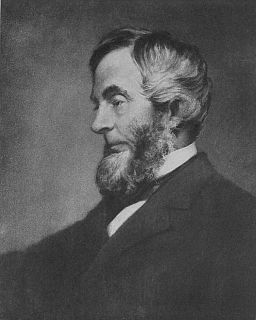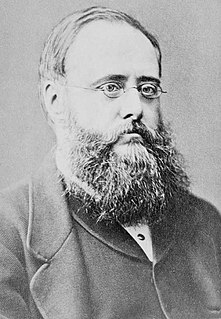A Quote by Lord Chesterfield
Women have, in general, but ne object, which is their beauty; upon which, scarce any flattery is too gross for them to swallow.
Related Quotes
"God", "immortality of the soul", "redemption", "beyond" - Without exception, concepts to which I have never devoted any attention, or time; not even as a child. Perhaps I have never been childlike enough for them?
I do not by any means know atheism as a result; even less as an event: It is a matter of course with me, from instinct. I am too inquisitive, too questionable, too exuberant to stand for any gross answer. God is a gross answer, an indelicacy against us thinkers - at bottom merely a gross prohibition for us: you shall not think!
As we speak of poetical beauty, so ought we to speak of mathematical beauty and medical beauty. But we do not do so; and that reason is that we know well what is the object of mathematics, and that it consists in proofs, and what is the object of medicine, and that it consists in healing. But we do not know in what grace consists, which is the object of poetry.
Thirdly, the supreme power cannot take from any man any part of his property without his own consent: for the preservation of property being the end of government, and that for which men enter into society, it necessarily supposes and requires, that the people should have property, without which they must be supposed to lose that, by entering into society, which was the end for which they entered into it; too gross an absurdity for any man to own.
You may object that by speaking of simplicity and beauty I am introducing aesthetic criteria of truth, and I frankly admit that I am strongly attracted by the simplicity and beauty of mathematical schemes which nature presents us. You must have felt this too: the almost frightening simplicity and wholeness of the relationship, which nature suddenly spreads out before us.
The essential difference between that knowledge which is, and that which is not conclusive evidence of Christian character, lies in this: the object of the one is the agreement of the several parts of a theological proposition; the object of the other is moral beauty, the intrinsic loveliness of God and Divine things. The sinner sees and hates; the saint sees and loves.
But the most common species of love is that which first arises from beauty, and afterwards diffuses itself into kindness and into the bodily appetite. Kindness or esteem, and the appetite to generation, are too remote to unite easily together. The one is, perhaps, the most refined passion of the soul; the other the most gross and vulgar. The love of beauty is placed in a just medium betwixt them, and partakes of both their natures: From whence it proceeds, that it is so singularly fitted to produce both.
The woman who first gives life, light, and form to our shadowy conceptions of beauty, fills a void in our spiritual nature that has remained unknown to us till she appeared. Sympathies that lie too deep for words, too deep almost for thoughts, are touched, at such times, by other charms than those which the senses feel and which the resources of expression can realise. The mystery which underlies the beauty of women is never raised above the reach of all expression until it has claimed kindred with the deeper mystery in our own souls.
Women of no beauty may yet be flattered to believe they possess some; others of a moderate share that they have a great deal; but those of elegance and charm generally know the perfection of their external graces so well, that they seem to covet that flattery most which heightens the opinion of their wit and judgment.
This world in which we live needs beauty in order not to sink into despair. Beauty, like truth, brings joy to the human heart, and is that precious fruit which resists the erosion of time, which unites generations and enables them to be one in admiration. And all this through the work of your hands . . . Remember that you are the custodians of beauty in the world.



































